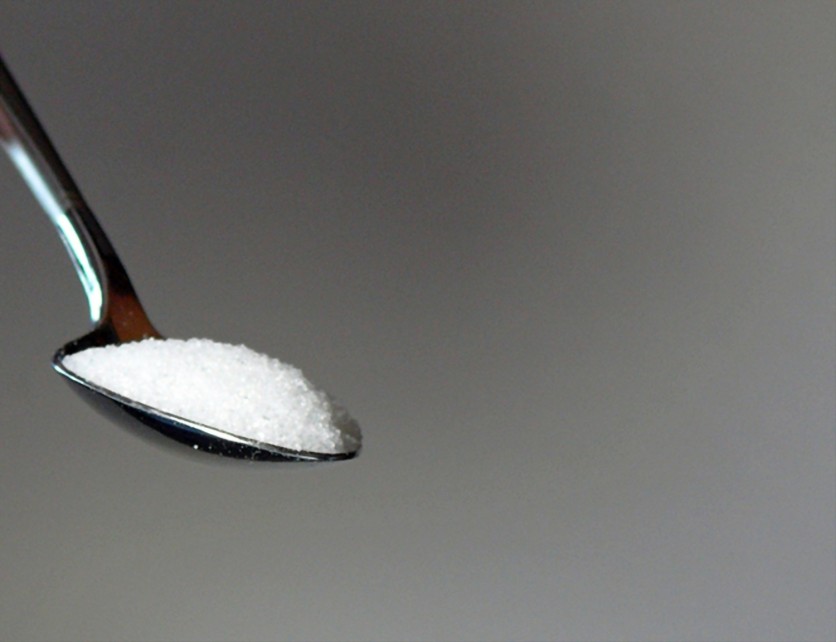Researchers at the Florida State University (FSU) College of Medicine have released findings suggesting that aspartame, an artificial sweetener commonly used in various food and beverage products, may have adverse effects on learning and memory in mice.
The study reveals that the offspring of male mice, when exposed to levels of aspartame much lower doses than what the US Food and Drug Administration (FDA) considers safe, exhibited deficits in spatial learning and memory over a controlled 16-week period.

Broader Impact of Aspartame
Pradeep Bhide, the Jim and Betty Ann Rodgers Eminent Scholar Chair of Developmental Neuroscience in the Department of Biomedical Sciences, noted that this cognitive impairment is distinct from anxiety-related behavior, indicating a broader impact of aspartame than previously thought.
Bhide also pointed out that while learning, memory, and anxiety can be interconnected, the effects observed in this study involve a separate brain function and network.
"The second thing we noticed here, unlike the anxiety (research), this went only one generation. It was not seen in the grandchildren, only in the children [of the male mice], which is another line of support that these kinds of transmissions occur due to epigenetic changes in the sperm," Bhide said in a press statement.
The recent research expands upon a prior investigation led by the Bhide Lab and published in the Proceedings of the National Academy of Sciences in December 2022.
This earlier study established a connection between aspartame consumption and anxiety in mice, and this effect persisted across two subsequent generations. However, the latest findings suggest that the influence on learning and memory manifested solely in the offspring of the male mice without extending to successive generations.
Read Also : Diet Coke Dangers Revealed: Here's Why You Should Avoid Beverages with Artificial Sweeteners
Three Sets of Mouse Models
In this study, three sets of mouse models were employed: a control group that solely had access to water, a group that consumed aspartame at 7% of the FDA's recommended maximum intake (equivalent to that found in two 8 oz. diet sodas per day), and a group that ingested 15% aspartame (equal to the quantity in four 8 oz. diet sodas daily).
These exposure levels were deliberately chosen to align with those utilized in the earlier anxiety-focused research. The mice underwent testing at regular intervals in a Y-maze and, at 12 weeks, in a Barnes maze, where they had to locate a "safe" escape box out of 40 possible choices.
The mice that consumed aspartame took significantly longer to learn this task compared to the aspartame-free control group.
Deirdre McCarthy, research faculty in the Department of Biomedical Sciences and the Center for Brain Repair, noted that while the mice using aspartame displayed a different strategy in finding the escape box, they eventually succeeded, albeit requiring more time.
Bhide emphasized that while the mice could function, the study highlights the need for a closer, multi-generational examination of the effects of aspartame, urging the FDA to consider this perspective.
The findings of the research team were published in Scientific Reports.
Related Article : Artificial Sweeteners Can Kill Good Bacteria In Your Gut, Says Study

ⓒ 2025 TECHTIMES.com All rights reserved. Do not reproduce without permission.




